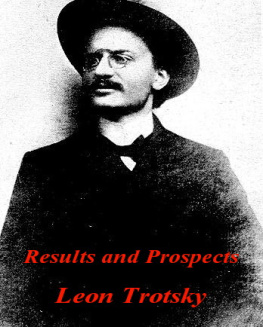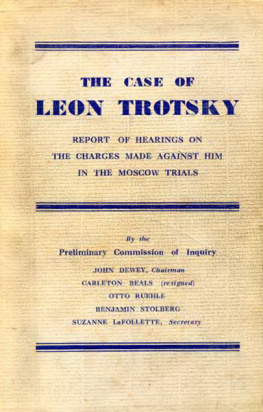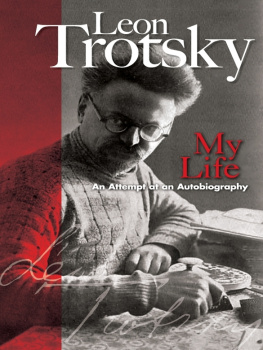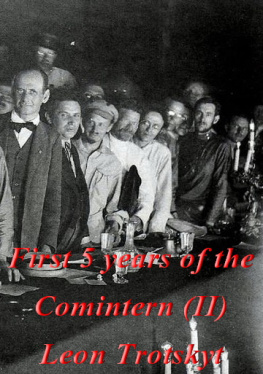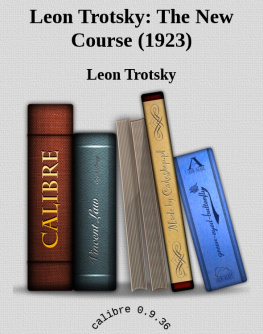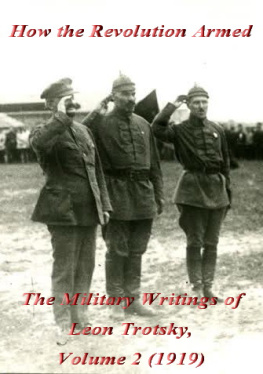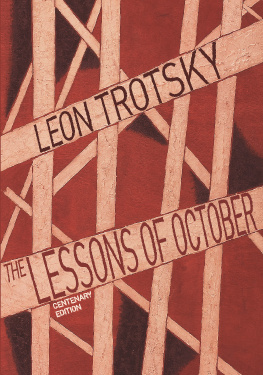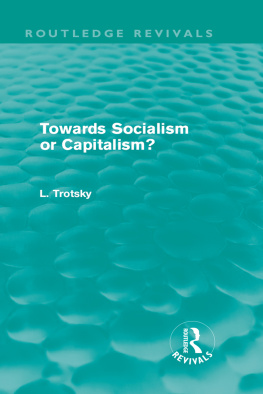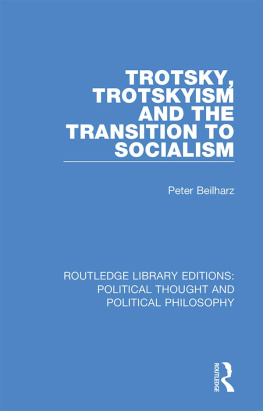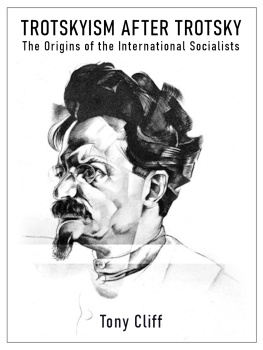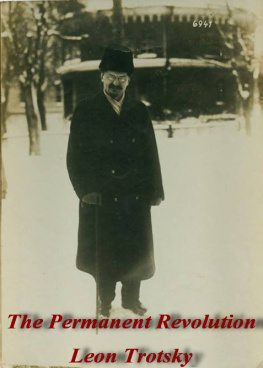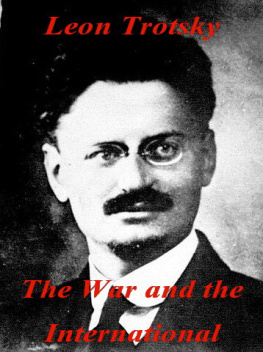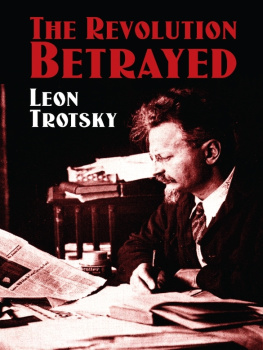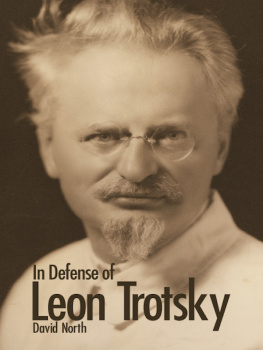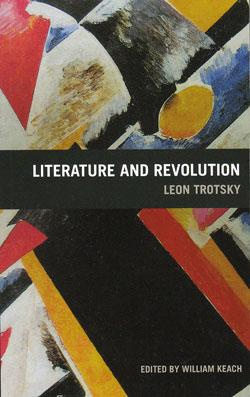Trotsky - Results and Prospects
Here you can read online Trotsky - Results and Prospects full text of the book (entire story) in english for free. Download pdf and epub, get meaning, cover and reviews about this ebook. year: 1906, publisher: Marxists Internet Archive, genre: Politics. Description of the work, (preface) as well as reviews are available. Best literature library LitArk.com created for fans of good reading and offers a wide selection of genres:
Romance novel
Science fiction
Adventure
Detective
Science
History
Home and family
Prose
Art
Politics
Computer
Non-fiction
Religion
Business
Children
Humor
Choose a favorite category and find really read worthwhile books. Enjoy immersion in the world of imagination, feel the emotions of the characters or learn something new for yourself, make an fascinating discovery.
Results and Prospects: summary, description and annotation
We offer to read an annotation, description, summary or preface (depends on what the author of the book "Results and Prospects" wrote himself). If you haven't found the necessary information about the book — write in the comments, we will try to find it.
Results and Prospects — read online for free the complete book (whole text) full work
Below is the text of the book, divided by pages. System saving the place of the last page read, allows you to conveniently read the book "Results and Prospects" online for free, without having to search again every time where you left off. Put a bookmark, and you can go to the page where you finished reading at any time.
Font size:
Interval:
Bookmark:
I f we compare social development in Russia with socialdevelopment in the other European countries bracketing the latter together in respect ofthat which their history has in common and which distinguishes it from the history of Russia we can say that the main characteristic of Russian social development is its comparativeprimitiveness and slowness.
We shall not dwell here on the natural causes of this primitiveness, but the fact itself remainsindubitable: Russian social life has been built up on a poorer and more primitive economicfoundation.
Marxism teaches that the development of the forces of production determines thesocial-historical process. The formation of economic corporations, classes and estates is onlypossible when this development has reached a certain level. Estate and class differentiation, which is determined by thedevelopment of the division of labour and the creation of more specialized social functions,presupposes that the part of the population employed on immediate material production produces asurplus over and above its own consumption: it is only by alienating this surplus thatnon-producing classes can arise and take shape. Furthermore, the division of labour among theproducing classes themselves is possible only at a certain degree of development of agriculture,capable of ensuring the supply of agricultural produce to the non-agricultural population. Thesefundamental propositions of social development were already clearly formulated by Adam Smith.
Hence it follows that, although the Novgorod period of our history coincides with the beginningof the European Middle Ages, the slow pace of economic development caused by the natural-historicalconditions (less favourable geographical situation, sparse population) was bound to hamper theprocess of class formation and to give it a more primitive character.
It is difficult to say what shape Russian social development would have taken if it had remainedisolated and under the influence of inner tendencies only. It is enough to say that this did nothappen. Russian social life, built up on a certain internal economic foundation, has all the timebeen under the influence, even under the pressure, of its external social-historical milieu.
When this social and state organization, in the process of its formation, came into collisionwith other, neighbouring organizations, the primitiveness of the economic relations of the one andthe comparatively high development of the others played decisive parts in the ensuing process.
The Russian state, which grew up on a primive economic basis, entered into relations and cameinto conflict with state organizations built upon higher and more stable foundations. Twopossibilities presented themselves: either the Russian State was to succumb in its struggle withthem, as the Golden Horde had succumbed in its struggle with the Moscow State, or it was toovertake them in the development of economic relations and absorb a great deal more vital forcesthan it could have done had it remained isolated. The economy of Russia, however, was alreadysufficiently developed to prevent the former happening. The State did not break down butstarted growing under the terrible pressure of economic forces.
Thus, the main thing was not that Russia was surrounded by enemies on all sides. This alone doesnot explain the position. Indeed, this would apply to any other European country, except, perhaps,England. In their mutual struggle for existence, these states depended upon more or less identicaleconomic bases and therefore the development of their state organizations was not subject to suchpowerful external pressure.
The struggle against the Crimean and Nogai Tatars called forth the utmost exertion of effort.But this was, of course, not greater than the exertion of effort during the hundred yearswar between France and England. It was not the Tatars who compelled Old Russia to introducefirearms and create the standing regiments of Streltsi; it was not the Tatars who later on forcedher to form knightly cavalry and infantry forces, but the pressure of Lithuania, Poland andSweden.
As a consequence of this pressure on the part of Western Europe, the State swallowed up aninordinately large part of the surplus produce; i.e., it lived at the expense of the privilegedclasses which were being formed, and so hampered their already slow development. But that was notall. The State pounced upon the necessary product of the farmer, deprived him of hislivelihood, caused him to flee from the land upon which he had not even had time to settle and thus hampered the growth of the population and the development of the productive forces. Thus,inasmuch as the State swallowed up a disproportionately large part of the surplus product,it hampered the already slow differentiation between estates; inasmuch as it took away an importantpart of the necessary product it destroyed even those primitive production bases uponwhich it depended.
But in order to exist, to function, and therefore,a bove all, to alienate the part of the socialproduct it required, the State needed a hierarchical organization of estates. This is why,while undermining the economic foundations of its development, it simultaneously strove to forcethe development of these foundations by Government measures, and like any other State strove to turn this development of estates to its own advantage. Milyukov, the historian ofRussian culture, sees in this a direct contrast to the history of Western Europe. But there is nocontrast here.
The estates-monarchy of the Middle Ages, which grew into bureaucratic absolutism, constituted astate form reinforcing certain definite social interests and relations. But this state form itself,once it had arisen and was in being, had its own interests (dynastic, court, bureaucratic ...)which came into conflict not only with the interests of the lower but even with those of the higherestates. The dominating estates, which constituted the socially indispensable middlewall between the masses of the people and the State organization, exercised pressure on thelatter and made their own interests the content of the States practical activity. At thesame time, the State power, as an independent force, also looked upon the interests of the higherestates from its own point of view. It developed resistance to their aspirations and triedto subject them to itself. The actual history of the relations between State and estates proceededalong resultant lines, determined by the correlation of forces.
A process identical in fundamentals took place in Russia.
The State strove to make use of the developing economic groups, to subject them to its ownspecialized financial and military interests. The dominating economic groups, as they arose, stroveto use the State to consolidate their advantages in the form of estate privileges. In this play ofsocial forces, the resultant went much more in favour of the State power than was the case in thehistory of Western Europe. The exchange of services between the State power and the upper socialgroups, at the expense of the working masses, which finds its expression in the distribution ofrights and obligations, of burdens and privileges, was less advantageous to the nobility and clergyin Russia than in the mediaeval estates-monarchies of Western Europe. This is beyond doubt.Nevertheless, it would be a great exaggeration and contrary to all sense of proportion to say thatwhile in the West the estates created the State, in Russia the State power created the estates inits own interests (as Milyukov does).
Estates cannot be created by State action, by law. Before one or another social group can takeshape as a privileged estate with the help of the State power, it must have developed economicallywith all its social advantages. Estates cannot be manufactured according to a previouslyestablished scale of ranks or according to the code of the Legion dHonneur. The State powercan but assist, with all its resources, the elementary economic process which brings forward highereconomic formations. As indicated above, the Russian State consumed a comparatively large share ofthe forces of the nation, thus hampering the process of social crystallization, but it needed thisprocess for its own purposes. It is natural, therefore, that under the influence and the pressureof its more differentiated Western milieu, a pressure that was transmitted through themilitary-state organization, the State in its turn strove to force the development of socialdifferentiation on a primitive economic foundation. Furthermore, the very need for forcing, causedby the weakness of the social-economic formations, made it natural that the State in its efforts asguardian should have tried to use its preponderant power to direct the very development of theupper classes according to its own discretion. But on the way to the achievement of great successin this direction, the State first found itself baulked by its own weakness and the primitivecharacter of its own organization, which was due, as we have seen, to the primitiveness of thesocial structure.
Font size:
Interval:
Bookmark:
Similar books «Results and Prospects»
Look at similar books to Results and Prospects. We have selected literature similar in name and meaning in the hope of providing readers with more options to find new, interesting, not yet read works.
Discussion, reviews of the book Results and Prospects and just readers' own opinions. Leave your comments, write what you think about the work, its meaning or the main characters. Specify what exactly you liked and what you didn't like, and why you think so.

